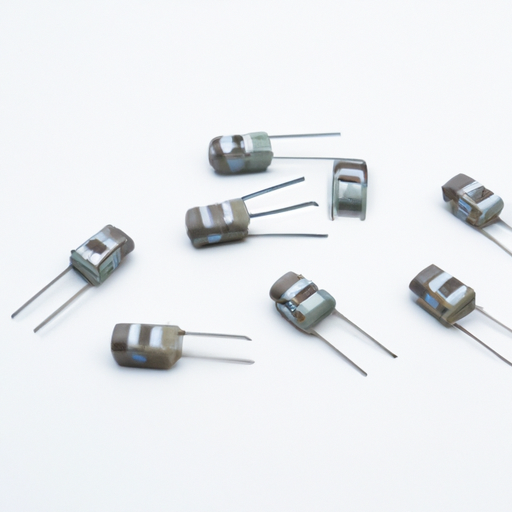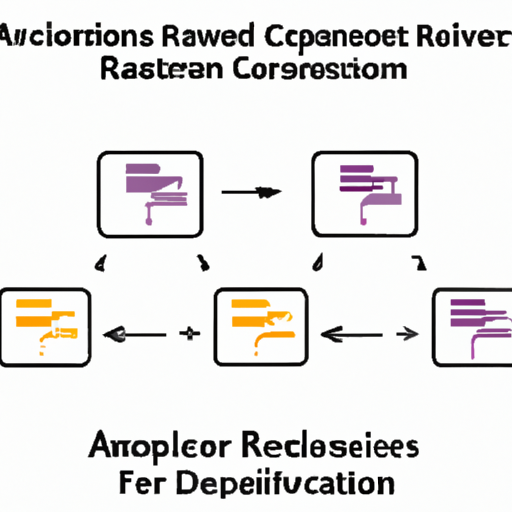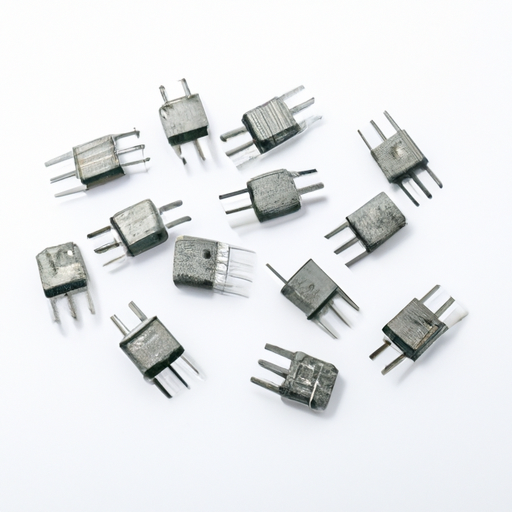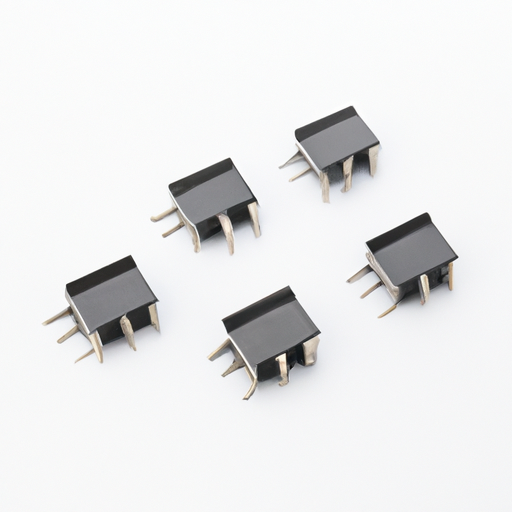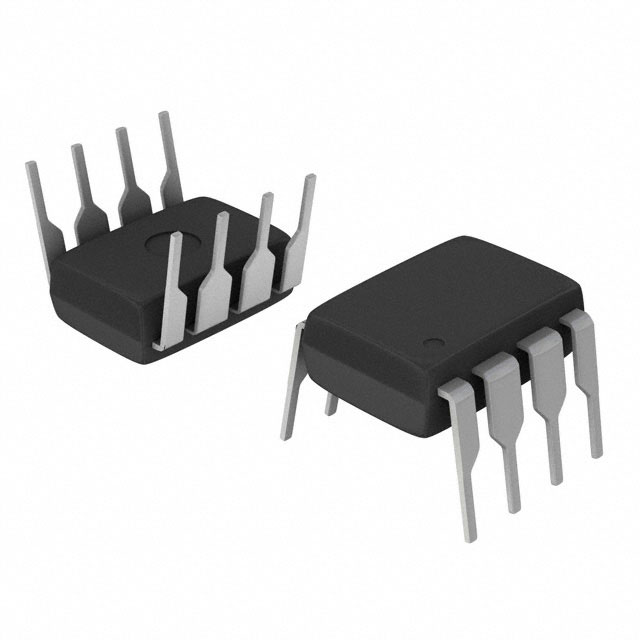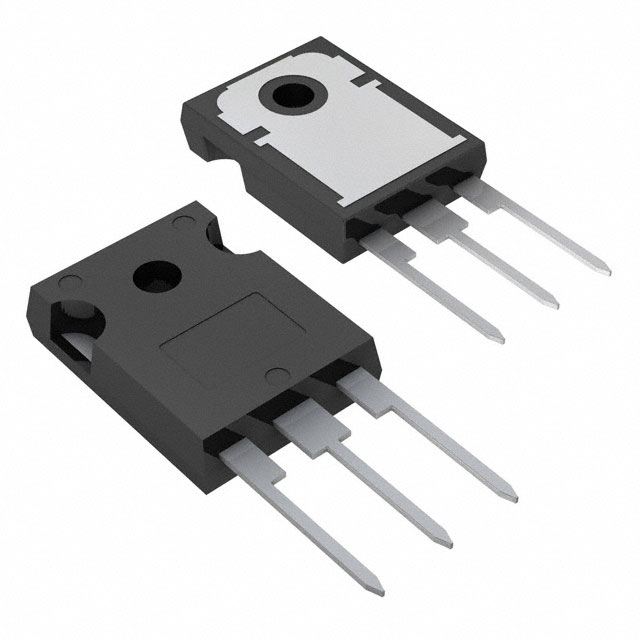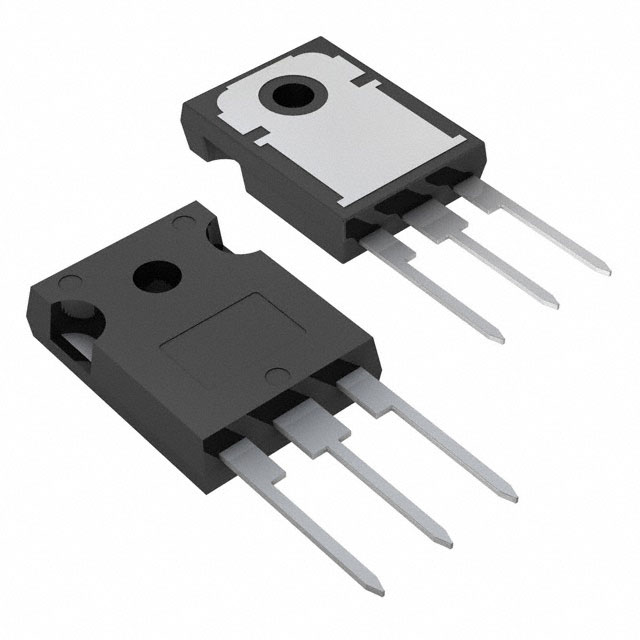CFR-50JB-52-15R Resistors highlighting the core functional technology articles and application development cases of Resistors that are effective.
Core Functional Technology of Resistors
1. Basic Functionality: Resistors are fundamental components in electronic circuits, primarily used to limit current flow and divide voltages. They operate based on Ohm's Law, where the voltage (V) across a resistor is proportional to the current (I) flowing through it, with the resistance (R) being the proportionality constant (V = I × R).
| 2. Types of Resistors | |
| 3. Construction | Resistors can be constructed from various materials: |
4. Power Rating: Each resistor has a power rating, indicating the maximum power it can dissipate without failure. The CFR-50JB-52-15R, for example, is rated for 0.5 watts, making it suitable for low-power applications.
5. Tolerance: This specification indicates the allowable deviation from the nominal resistance value. A lower tolerance (e.g., ±1%) signifies higher precision, which is crucial in sensitive electronic applications.
Applications of Resistors
1. Voltage Division: Resistors are used in voltage divider circuits to create specific voltage levels from a higher voltage source, essential in sensor applications and reference voltages.
2. Current Limiting: In LED circuits, resistors limit the current to prevent damage, ensuring longevity and consistent brightness.
3. Signal Conditioning: Resistors are integral in analog circuits for filtering, gain adjustment, and biasing, enhancing signal integrity.
4. Pull-up and Pull-down Resistors: In digital circuits, these resistors ensure that inputs to logic gates are at defined levels when not actively driven, preventing floating states.
5. Feedback and Gain Control: In operational amplifier circuits, resistors set gain levels and feedback paths, crucial for accurate signal amplification.
Development Cases Highlighting Effectiveness
1. Consumer Electronics: In smartphones, resistors are used in power management circuits to optimize battery life and prevent overheating, contributing to device reliability and user satisfaction.
2. Automotive Applications: Resistors play a critical role in automotive electronics, managing signals from sensors and actuators, which are vital for safety features like anti-lock braking systems and airbag deployment.
3. Industrial Automation: In PLCs, resistors condition signals from various sensors, ensuring reliable operation in automated systems, which enhances productivity and safety in manufacturing environments.
4. Medical Devices: In devices such as ECG machines, resistors ensure accurate signal processing, which is essential for patient monitoring and diagnostics, directly impacting patient care quality.
5. Telecommunications: Resistors are used in signal processing circuits to manage impedance and maintain signal integrity over long distances, crucial for reliable communication systems.
Conclusion
Resistors, including the CFR-50JB-52-15R, are essential components in a wide array of electronic applications. Their ability to control current and voltage makes them indispensable in both consumer and industrial electronics. Understanding their core technology and applications can lead to more effective designs and innovations across various fields. For further insights, exploring academic journals, industry publications, and manufacturer white papers focused on resistor technology and applications can provide valuable information and case studies.


